The Rise of AI in University Education
Artificial Intelligence (AI) has been transforming various industries, and now it is set to revolutionize the field of education, particularly at the university level. With its ability to analyze vast amounts of data, learn patterns, and make informed decisions, AI has the potential to enhance the learning experience and empower students for the future.
Personalized Learning and Adaptive Assessments
One of the key benefits of AI in university education is its ability to provide personalized learning experiences. AI-powered platforms can analyze students’ strengths and weaknesses, track their progress, and tailor the curriculum to their individual needs. This personalized approach ensures that students receive the right level of challenge and support, leading to better learning outcomes.
AI can also revolutionize assessments by providing adaptive testing. Instead of traditional exams, AI algorithms can generate customized assessments for each student based on their learning progress. This not only reduces the stress associated with standardized testing but also provides more accurate and comprehensive feedback to help students improve.
Enhanced Collaboration and Communication
AI-powered tools can facilitate collaboration and communication among students and educators. Virtual classrooms equipped with AI can enable seamless interactions, allowing students to connect with their peers and instructors regardless of geographical barriers. AI chatbots can also provide instant support and guidance, answering students’ questions and providing 24/7 assistance.
Furthermore, AI can enhance language learning by providing real-time translations and speech recognition. This opens up opportunities for international students to participate fully in the learning process, breaking down language barriers and fostering a more inclusive educational environment.
Intelligent Tutoring and Personalized Feedback
AI-powered tutoring systems can provide personalized support to students. These systems can identify areas where students are struggling and offer targeted interventions, such as additional resources or practice exercises. With AI tutors, students can receive immediate feedback, enabling them to learn from their mistakes and improve their understanding of the subject matter.
Moreover, AI can analyze students’ writing and provide automated feedback on grammar, style, and content. This not only saves time for educators but also helps students enhance their writing skills. AI can also identify plagiarism and ensure academic integrity, promoting ethical practices among students.
Preparing Students for the Future
As AI continues to advance, it is crucial for university education to equip students with the necessary skills to thrive in a rapidly changing world. By integrating AI into the curriculum, students can gain valuable insights into this emerging technology and develop the critical thinking, problem-solving, and adaptability skills needed for the future workforce.
However, it is important to strike a balance between AI and human interaction. While AI can enhance the learning experience, it should not replace the role of educators. Human guidance and mentorship are essential for fostering creativity, empathy, and emotional intelligence, which are crucial skills that AI cannot replicate.
Conclusion
The integration of AI in university education holds immense potential for transforming the way students learn and prepare for the future. From personalized learning to enhanced collaboration and intelligent tutoring, AI can revolutionize the educational experience, empowering students to become lifelong learners and successful contributors to society.








